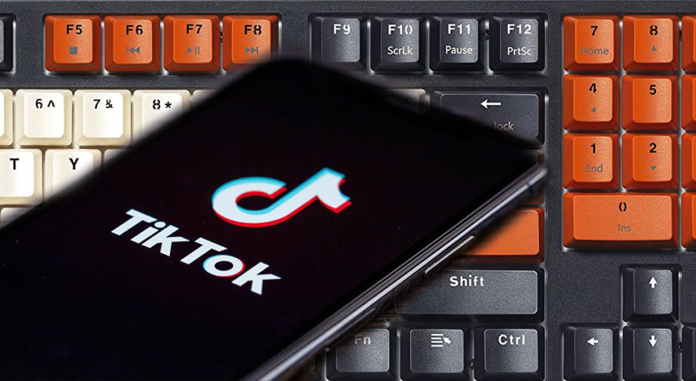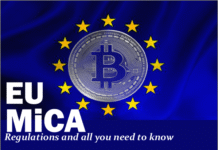On Thursday, the United Kingdom added to the similar limitations placed by allies in Canada, the European Union, and the United States by banning TikTok from official government devices.
The social media app is not widely used by UK officials, according to a government announcement, but the measure reflects concerns about TikTok’s links to China through its parent company, ByteDance, and the possibility that the Chinese government could pressure the companies to hand over users’ personal information.
“This is a proportionate move based on a specific risk with government devices,” UK Cabinet Office Minister Oliver Dowden told lawmakers Thursday.
The UK news comes one day after TikTok reported that the US government had asked the Chinese owners of the company to sell their shares or risk being banned.
Senior lawmakers had pressed Prime Minister Rishi Sunak to ban the video-sharing app from official government devices, just like the US and the EU had done.
However, government agencies, as well as specific ministers, have adopted TikTok as a means of reaching young people with their messages.
Related Post: Chinese owners of TikTok must split off their shares or face a US ban, according to the Biden administration
With 3.5 billion downloads globally, usage of the app has skyrocketed in recent years.
Its success stems from how simple it is to record quick videos with music and entertaining filters, as well as from its algorithm, which is adept at offering up content that users will find interesting.
It is able to do this because it collects a lot of user data from its cookies, including details about users’ ages, devices, locations, and even coding patterns.
President Joe Biden joined the list of more than half of US states by signing legislation in December banning TikTok on federal government devices.
US lawmakers want to give the Biden government more power to impose a TikTok ban across the country. This month, a bipartisan group of senators unveiled legislation that would grant the Commerce Department broad discretion to review and forbid technologies connected to foreign enemies. The White House swiftly embraced the idea.




















